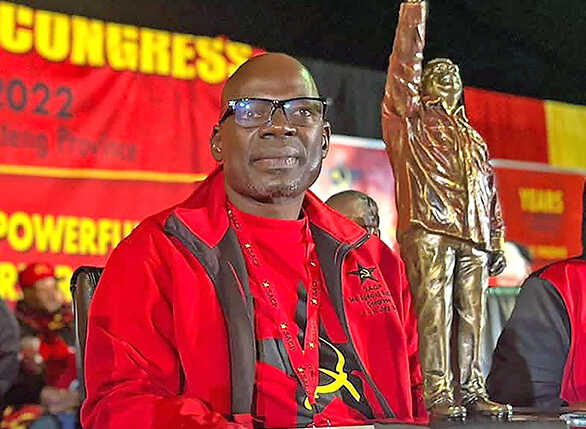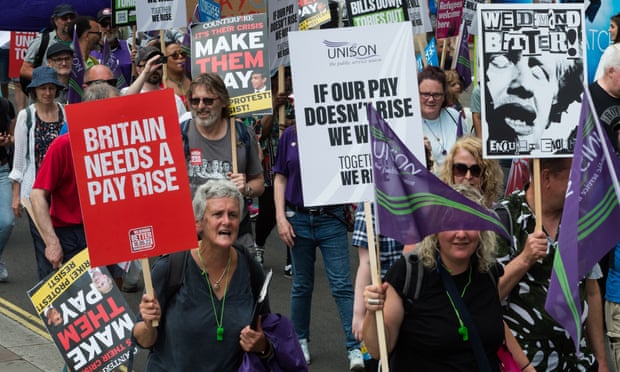By Adam Schrader

President Joe Biden speaks on the South Lawn of the White House in Washington, D.C., on July 11. On Tuesday, he announced an order intended to aid Americans held hostage abroad or detained by foreign governments. Photo by Shawn Thew/UPI | License Photo
July 19 (UPI) -- President Joe Biden announced a new executive order Tuesday that expands methods for U.S. agencies to help bring home Americans detained in other countries by increasing information and punishing foreign governments.
The order "Bolstering Efforts to Bring Hostages and Wrongfully Detained United States Nationals Home" came at a time of high-profile detentions of Americans abroad, such as WNBA star Brittney Griner's in Russia.
Biden's order says terrorist organizations, criminal groups and other malicious actors who take hostages for financial or political gain "threaten the integrity of the international political system" and the safety of Amercans and others abroad.
"Hostage-taking and the wrongful detention of United States nationals are heinous acts that undermine the rule of law," the order states.
"The United States government must redouble its efforts at home and with partners abroad to deter these practices and to secure the release of those held as hostages or wrongfully detained."
Biden's order authorizes federal departments and agencies to impose sanctions and visa bans on those directly or indirectly involved in the hostage-taking or wrongful detention of Americans.

Brittney Griner has been detained in Russian since February, when authorities found a small amount of hashish oil in her luggage. She's presently on trial.
It also introduces a new risk indicator, the letter "D," to travel advisories from the State Department to inform Americans of the risk of wrongful detention by a foreign government, the White House said in a statement. The "D" indicator joins the existing letter "K" which signifies a risk for kidnappings.
The D indicator was immediately applied on Tuesday to six countries -- Russia, China, Iran, Venezuela, Myanmar and North Korea, a senior administration official told reporters.
Russia is currently listed at the top "Level 4: Do Not Travel" designation with indicators for terrorism, civil unrest, kidnapping and health risks among other risks.
China, which is listed at the "Level 3: Reconsider Travel" level, currently only has two indicators -- one for health risks stemming from the COVID-19 pandemic and an "O" for other risks that had included the risk of detention.
Tuesday's executive order also directs the federal government to share intelligence information with families of Americans who have been detained abroad in an effort to help secure their release.
Griner, 31, has played professional basketball in Russia during the WNBA off-season and was arrested at a Russian airport in February on drug possession charges for a small amount of hashish oil. For weeks, Griner's family appealed to Biden to help secure her release. Eventually, Griner pleaded guilty to the charges earlier this month, but her trial continues.
In Russia, criminal trials go on even if a defendant pleads guilty. Griner, who pleaded guilty in a bid for leniency, faces as many as 10 years in prison.
Biden and administration officials have said that Griner and Paul Whelan, an American who's been held in Russia on spying charges since 2018, and other Americans are being wrongfully detained or held hostage around the world.












.jpg)



